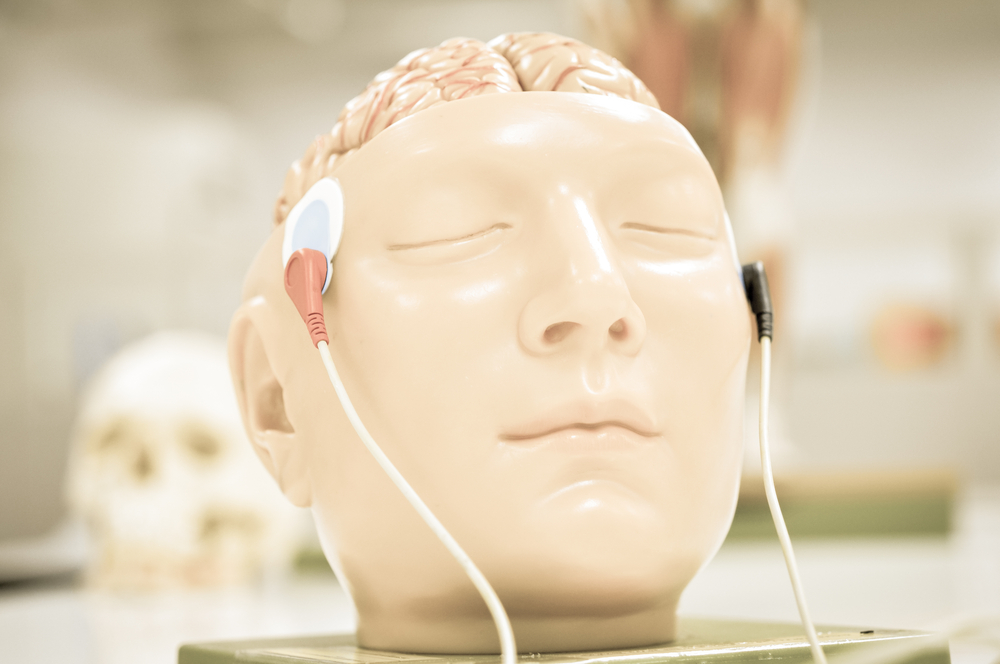ALS Research to Benefit from National Science Foundation Awards for Robotics, Online Communication

Northwestern University researchers Anne Marie Piper and Brenna Argall have received the prestigious Faculty Early Career Development (CAREER) Award from the National Science Foundation for exceptional work, some of which has implications in amyotrophic lateral sclerosis (ALS) research.
The CAREER Award supports promising young faculty members who lead by example through their roles as teacher-scholar by combining outstanding research and education.
Argall’s research could help patients with ALS, spinal cord injuries, traumatic brain injuries, stroke survivors, multiple sclerosis (MS), and Parkinson’s disease (PD).
 According to a press release, Argall, trained in robot autonomy and learning, is an assistant professor of rehabilitation robotics at the McCormick School of Engineering and Applied Sciences and director of the Assistive & Rehabilitation Robotics Laboratory at the Rehabilitation Institute of Chicago. Argall is also affiliated with the departments of electrical engineering and computer science at Northwestern and physical medicine and rehabilitation at Northwestern University Feinberg School of Medicine.
According to a press release, Argall, trained in robot autonomy and learning, is an assistant professor of rehabilitation robotics at the McCormick School of Engineering and Applied Sciences and director of the Assistive & Rehabilitation Robotics Laboratory at the Rehabilitation Institute of Chicago. Argall is also affiliated with the departments of electrical engineering and computer science at Northwestern and physical medicine and rehabilitation at Northwestern University Feinberg School of Medicine.
Argall’s grant of $525,000 over five years will help people with a wide range of conditions who can potentially benefit from robotic devices. It is an unfortunate paradox that the more severe the patients’ motor impairments, “the harder it is for them to operate the very machines meant to enhance their quality of life,” Argall said.
Argall and her team are digging into a new area of research that explores the intersection of autonomous robots and rehabilitation. “We work to incorporate robotics autonomy and intelligence into assistive machines, offloading some of the control burden from the user to the machine,” she said.
There is great potential in robots that provide physical assistance, but only if they can successfully adapt to the different and specific needs of their users. The way a patient interacts with a robot and the type of assistance demanded from that interaction will change over time, a fact Argall takes into account in her research.
“The work is poised to transform rehabilitation science by treating motor impairments as an advantage rather than a constraint,” Argall said.
Piper, an assistant professor in Northwestern’s School of Communication who designs and develops new technologies to help adults with disabilities, received an award of $500,000 over five years which she will use to help create software that engages people with physical activity.
“The impact of providing these individuals with new ways to go online and stay socially connected may be vast,” Piper said. “Staying socially connected can affect late-life physical and mental health, and staying connected online is associated with lower rates of depression and loneliness among older adults. I’m often asked by family caregivers for access to the technologies we create in my lab, and this award will help us make our software more widely available.”






